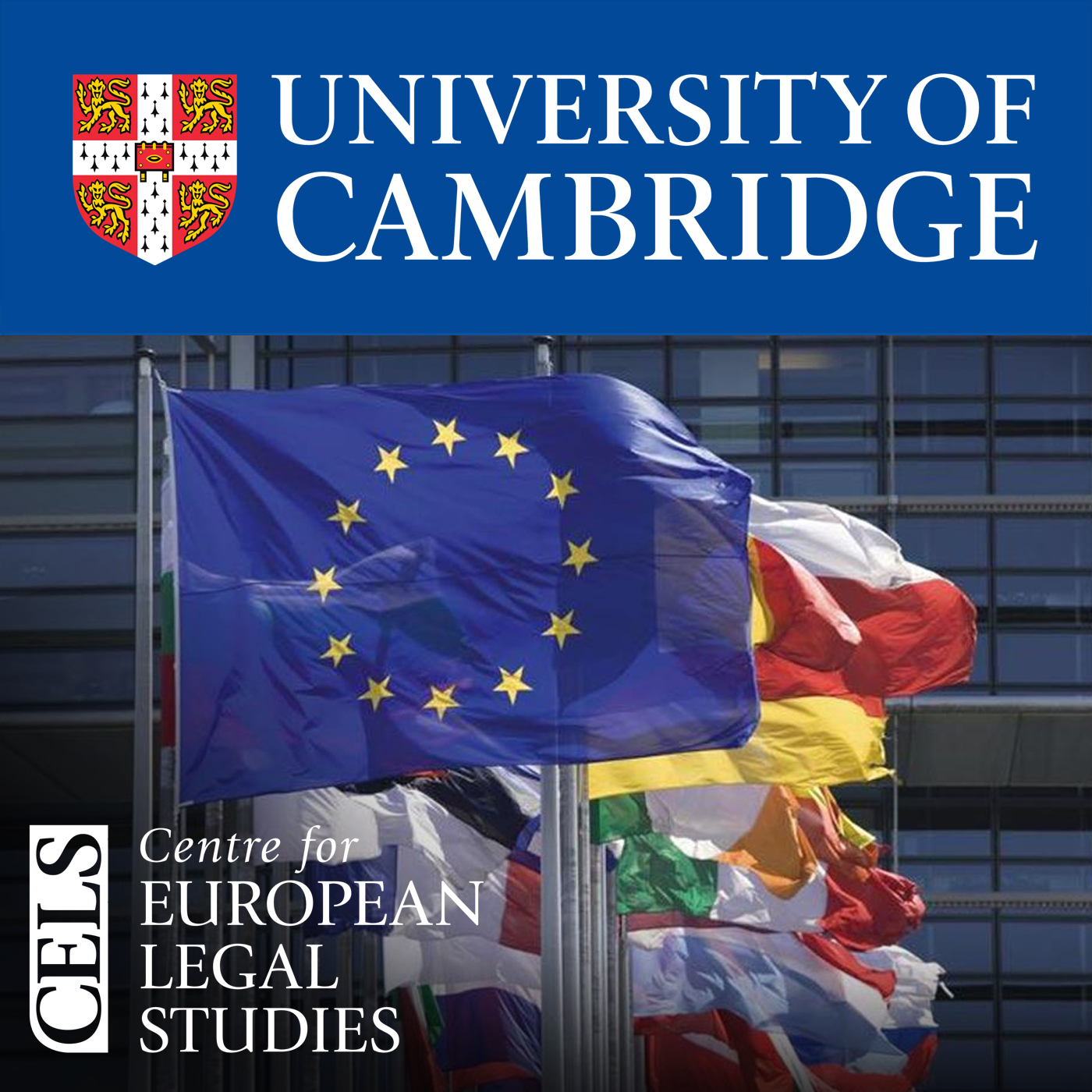'Interpretive Twists, Argumentative Turns, and New Reference Points: Unpacking the Jurisprudential Shift in the European Citizenship Jurisprudence' - Urška Šadl: CELS Seminar
Duration: 21 mins 32 secs
Share this media item:
Embed this media item:
Embed this media item:
About this item

| Description: |
Professor Urška Šadl of the University of Copenhagen gave a lunchtime seminar entitled "Interpretive Twists, Argumentative Turns, and New Reference Points: Unpacking the Jurisprudential Shift in the European Citizenship Jurisprudence" on Wednesday 10 February 2016 at the Faculty of Law as a guest of CELS (the Centre for European Legal Studies).
For more information see the CELS website at http://www.cels.law.cam.ac.uk/ |
|---|
| Created: | 2017-02-09 16:35 |
|---|---|
| Collection: | Cambridge Centre for European Legal Studies (CELS) Seminar Series MOVED |
| Publisher: | University of Cambridge |
| Copyright: | Mr D.J. Bates |
| Language: | eng (English) |
| Abstract: | Scholars have over the past years identified a generational shift, a new cycle, and even the emergence of a new reactionary phase in the European citizenship jurisprudence. In the article (co-authored with dr. Suvi Sankari, Faculty of Law, Helsinki), which is the basis for the presentation, Urška seeks to unpack the nature of this jurisprudential shift.
The article highlights the dynamics of legal change of European citizenship case law by identifying first, a modification on the level of application of the same teleological method of interpretation and autonomous concepts, which supports a novel if not the opposite understanding of the same legal instrument, or of the same legal concept; second, the subtle alterations in the reference frames, in particular the effective replacement of the so-called foundational case law with more recent rights curbing precedents, and third, the transformation of economic considerations underlying free movement, which from public policy arguments turn into a slippery slope argument. It argues that to understand the substance of judicial transformations of law, one has to consider the mechanisms, which allow the Court (or any court) to change the law: interpretation, argumentation, and the practice of precedents, and how they interact over time. |
|---|---|

